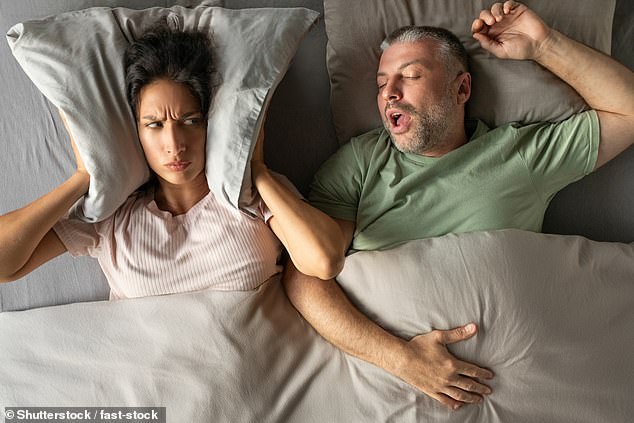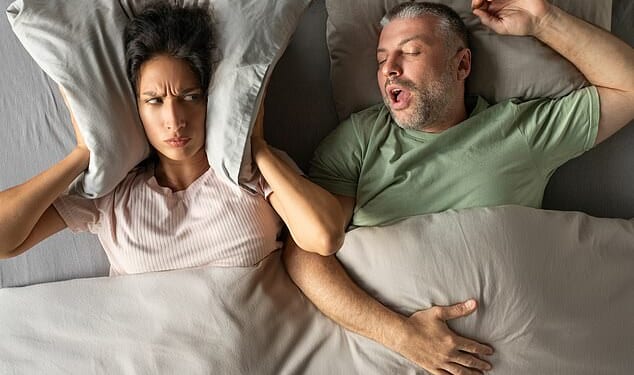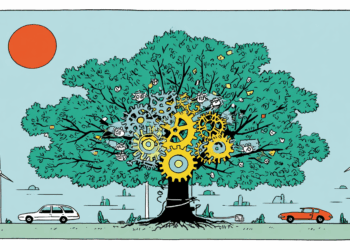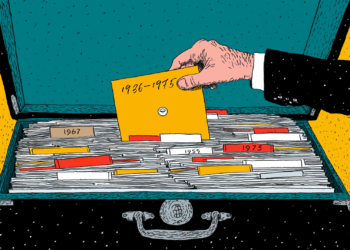Margaret Thatcher was famously said to get by on just four hours’ sleep.
And half of Britons now say they regularly survive on the same amount – with more than four in ten getting less than three hours.
Researchers surveyed 2,000 adults and discovered the majority are not getting the amount of sleep needed to function properly.
They found the average person is running on just six hours and 50 minutes, well below the eight-hour minimum recommended by the NHS.
This results in a sleep deficit of 426 hours every year, the equivalent of 18 full days’ worth of sleep.
Almost seven in ten (69 per cent) of those polled insisted they simply don’t get enough sleep, with one in five (19 per cent) saying they are constantly tired.
Half (47 per cent) admitted a lack of sleep makes them irritable, according to the findings by Dyson, while 44 per cent say they function poorly and are unable to concentrate.
Mood swings (37 per cent), lack of motivation (33 per cent), getting annoyed easily (33 per cent) and feeling anxious (28 per cent) are also side-effects from not getting enough shut eye.

Half of Britons say they regularly survive on four hours sleep or less and it’s causing trouble at work and strain in relationships with some couples admitting to sleeping separately (Stock image)
A further 12 percent admit they lose their temper with their children when sleep deprived, while a further 12 percent get angrier with their nearest and dearest.
And this exhaustion is spilling into everyday life with eight in ten (81 per cent) regularly struggling through the working day – at least twice a week – and more than a third (37 per cent) calling in sick simply because they were too tired to face the day ahead.
A lack of shut eye is also straining relationships, with a quarter (26 per cent) of couples now admitting they now sleep in separate beds in a bid to get more rest.
Sleep expert James Wilson, said: ‘It’s clear that being a nation of poor sleepers is really impacting our day-to-day.
‘Dyson’s research shows that people are getting by on less than four hours and even an hour at times is really worrying and it’s making us snappy, unproductive and getting in between our relationships.
‘But luckily there are some things we can do to help get better sleep and manage these side effects.
‘I have recently introduced a consistent wake up time, getting ready for bed and watching something funny or trashy an hour before I want to go to sleep, and lowering my body temperature, to my personal sleep routine and the results have been great in terms of improving my sleep experience.’
To aid drifting off, 45 per cent of Brits use fans to cool the room, 42 per cent put on a relaxing playlist, 37 per cent read, 35 per cent flip the pillow to the cold side, 31 per cent take a bath, and 17 per cent wear an eye mask or listen to a podcast.
One in 10 use supplements, masks or ear plugs to help them sleep, while another 10 per cent deliberately avoid technology before bed.
Bradley Fishwick, Senior Design Engineer at Syson, said: ‘The research shows that many people are looking for ways to sleep better, especially during the colder, darker months.
‘We’ve found that people are making changes to improve their quality of sleep, like building a better night time routine, avoiding screens before bed and altering their sleep space.’












